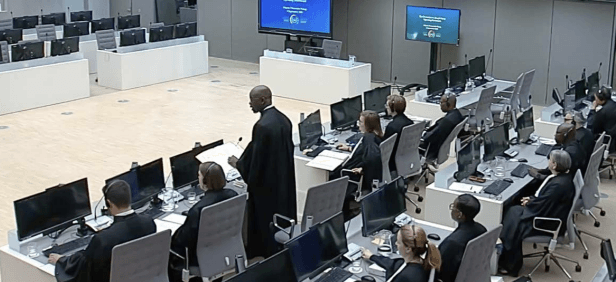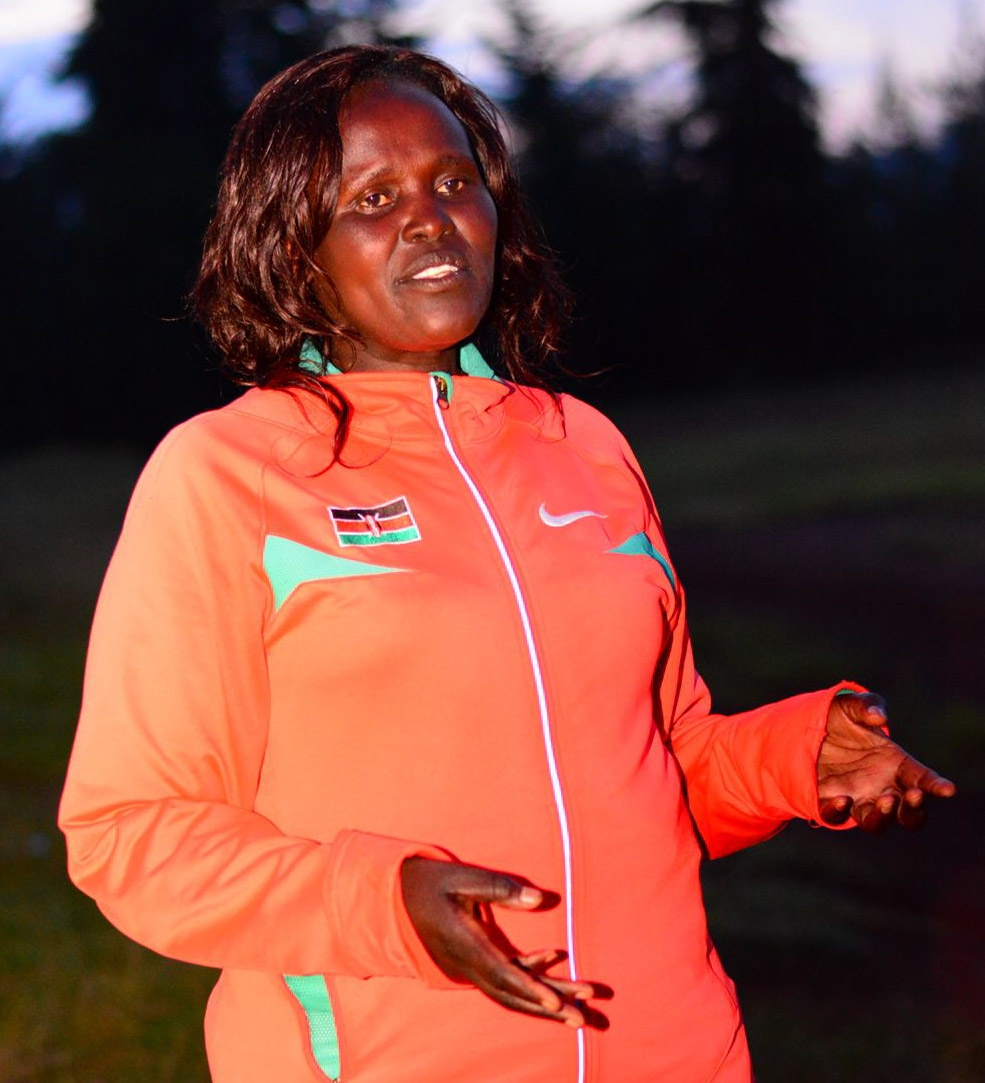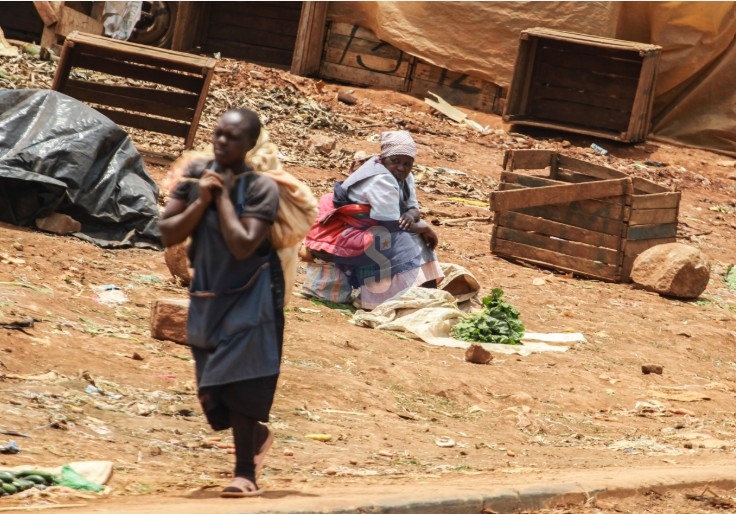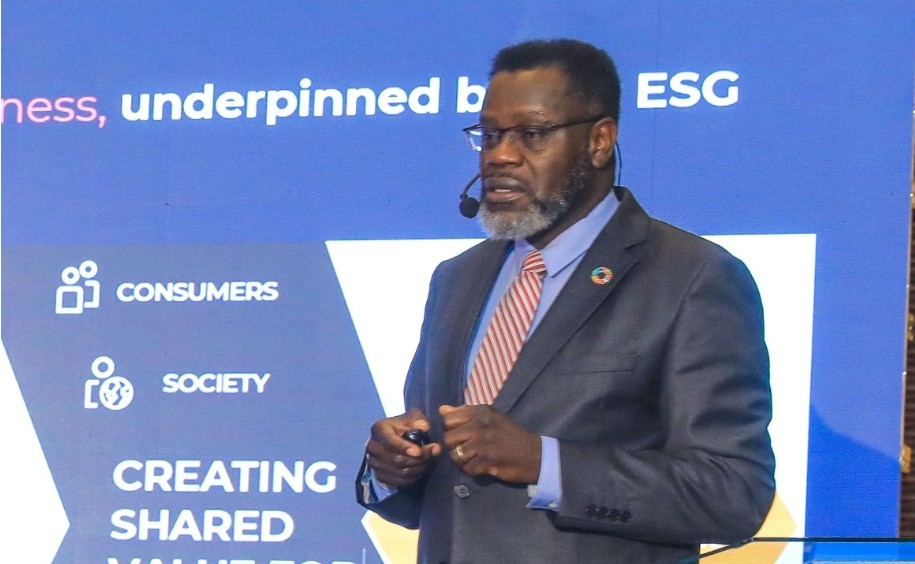In 2014, residents living around Lake Bogoria in Baringo county received Sh2.3 million in royalties from a Dutch bio-enzyme company.
The payment of the royalty to the Endorois community, which was the first in the country, followed protracted engagements.
Today, the community is more enlightened about their natural resources than before.
They say what happened before will not be allowed again; they are entitled to fair and equitable sharing of benefits accruing from access to and utilisation of biological resources and associated traditional knowledge.
To prove the point, communities are now developing protocols to advance their agenda.
Baringo chief warden William Kimosop says they were initially concerned with the management of wildlife as a resource.
“Little did we know that we had wildlife that we cannot see and is bacteria which is in this water,” Kimosop says.
Lake Bogoria National Reserve ecosystem is one of few tourist sites offering unique products, such as hot springs, scenic landscapes and welcoming local communities.
The area has, however, suffered cases of biopiracy and illegal trade. For example, aloe gum, sandalwood trade and extremophile from Lake Bogoria have illegally been used for industrial feedstock abroad.
Kimosop says in the 1990s, some scientists were working in the lake and were permitted by the state.
“We later on came to learn that they discovered a microbe that thrived very well in hot water," he says.
"Any creature found in such a hostile environment must have a very heat-stable enzyme, which is of industrial significance.”
He says the technology was adopted and sold to an industrial company.
“I think they made a lot of money, which we cannot even tell as it happened elsewhere,” Kimosop says.
The state engaged the company both in court and on a one-to-one basis. This yielded a royalty.
Kimosop called for an arrangement that ensures royalties are remitted regularly.
The Endorois community has developed a bio-cultural protocol with the support of the conservation community. If any findings lead to benefits, we must have mutually agreed benefits that come back to the community
SETTING THE RULES
This thinking is derived from the Nagoya Protocol on Access to Genetic Resources and the Fair and Equitable Sharing of Benefits Arising from their Utilisation to the Convention on Biological Diversity.
It was adopted in Nagoya, Japan on October 29, 2010 and remains a landmark agreement in the international governance of biodiversity.
The protocol aims to ensure that owners or guardians of genetic resources receive a “fair share” of any benefits that arise from research conducted.
It also demands that there should be prior informed consent not just from the management authorities but also from the community.
“The Endorois community has developed a bio-cultural protocol with the support of the conservation community,” Kimosop says.
“If any findings lead to benefits, we must have mutually agreed benefits that come back to the community,” Kimosop says.
He says Bogoria was the first protected area in Africa to pioneer the process.
Baringo County Conservancies Association (BCCA) chief executive Susan Jepkemoi says the practice of any benefit on natural resources should not be a one-off.
“The communities should be benefiting through royalties on an annual basis from the sale of that product. The enzyme is in the market to date and the community is continually protecting it,” she says.
BCCA is an umbrella organisation for community conservancies in Baringo county.
It acts as a collective voice for conservancies and advocates favourable policies, building local capacity and providing a platform for collaboration.
The Nature Conservancy supports BCCA to ensure that conservancies are well funded and managed.
They support negotiations with the county government's help to train conservancy leadership and attract investment by developing and marketing the conservancies as a strong business case.
Biopiracy is the unauthorised extraction of biological resources and/or associated traditional knowledge from developing countries or the patenting of spurious inventions based on such knowledge or resources without compensation.
The hidden cases of biopiracy were first opposed, and the term biopiracy was coined in the 1990s by environmentalists and nongovernmental organisations.
Cases of biopiracy are not new.
The matter came up during the first Wildlife Scientific Conference in Naivasha in September last year under the theme: “Use of Wildlife Science for Enhanced Biodiversity Conservation and Improved Livelihoods.”
The conference was organised by the Wildlife Research and Training Institute to find solutions to challenges facing iconic species in the country.
National Commission for Science, Technology and Innovation (Nacosti) CEO Prof Walter Oyawa said it is wrong for researchers to undertake research that does not benefit society once such studies have been converted into something useful.
He said some companies get venom from parts of the country and convert it into something useful without the community benefiting.
“The communities are not getting anything,” Oyawa says.
Oyawa says the Covid-19 pandemic reaffirmed the vital role of science, technology and innovation as global public goods.
“Research regulations are key to the advancement of national security, public safety and inclusive sustainable development,” he says.
Nacosti is mandated to approve all scientific research in Kenya.
The Nacosti Act says any person undertaking or intending to undertake research in science and technology in the country must apply for the grant of a licence.
Likewise for anyone who accesses, handles or transfers any material or technology or moves it into or within the country.
Those who violate the rules are liable, on conviction, to a fine not exceeding Sh5 million, an imprisonment term not exceeding four years, or both.
The criteria for research include national security, the lives of Kenyans (public health), cultural and intellectual property rights of communities, international obligations, nature, environment, research ethics, benefit to the country and monitoring and evaluation.
FAKE PERMITS
Oyawa said 12 cases of researchers with fake permits had been recorded, which he termed disappointing.
The Nacosti boss urged WRTI to tighten the noose against the offenders.
KWS bioprospecting head Kavaka Mukonyi says anyone accessing a country’s biological resources must comply with its laws.
He cites the Wildlife Conservation Management Act, 2013, the Science, Technology, and Innovation Act, 2013, the Environmental Management and Coordination Act (EMCA), 1999, and the Traditional Knowledge and Culture Expressions Act 2016.
“The laws regulate the access and utilisation of the country’s biological resources, which include wildlife and the venom from snakes," Mukonyi says.
Anyone accessing it has to get the necessary permits.
“We offer licences in line with other approving agencies, such as Nacosti and Nema,” he says.
“Anyone accessing it must first get approval from local communities and counties, what we call prior informed and mutually agreed terms. After you are approved, you go to Nacosti and Nema.”
Mukonyi says it is illegal for anyone who might have accessed and used venom for other things without these approvals.
“We invoke penalties in all the relevant laws. In the Wildlife Act, it should be Sh10 million for biopiracy, and if you do not have the relevant permit, it should be Sh5 million,” he says.
He says biopiracy is unethical research where one does not have the necessary approvals or licences.
Mukonyi says the documentation and digitisation of indigenous knowledge assets is ongoing.
They are focusing on community governance and equipping all the counties with access and benefit sharing so they can understand and negotiate for the resources.
“It is a requirement that every community, as defined by traditional knowledge and cultural expression, develops their bio-cultural protocols so that you can’t go there and access anything without their approval as per their governance.”
Mukonyi says the pilot is in 13 counties but has been rolled out in six counties: Kericho Kilifi, Kisii, Makueni, Murang’a and Narok.
“Those communities already have governance structures. They have signed the prior agreement on access to and use of traditional knowledge and intellectual assets,” he says.
Article 4 of the Unesco Universal Declaration on Bioethics and Human Rights on Benefit and Harm guides the process on applying and advancing scientific knowledge and medical practice-associated technologies.
It says direct and indirect benefits to patients, research participants, and other affected individuals should be maximised and any possible harm minimised to such individuals.
Article 15 says benefits resulting from any scientific research and applications should be shared with society as a whole and within the international community, in particular with developing countries.













